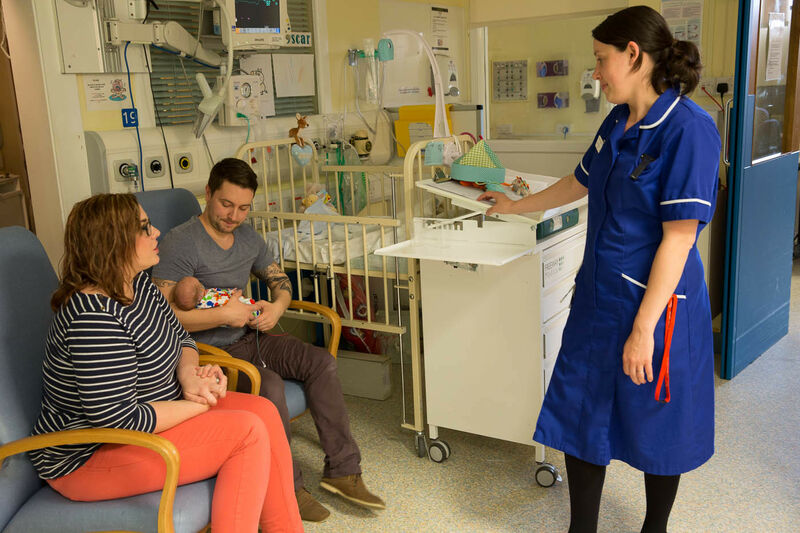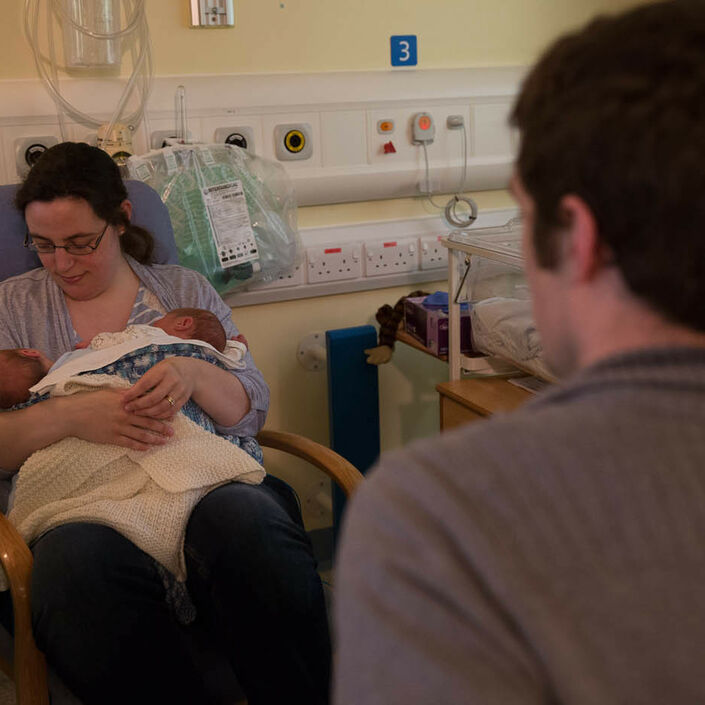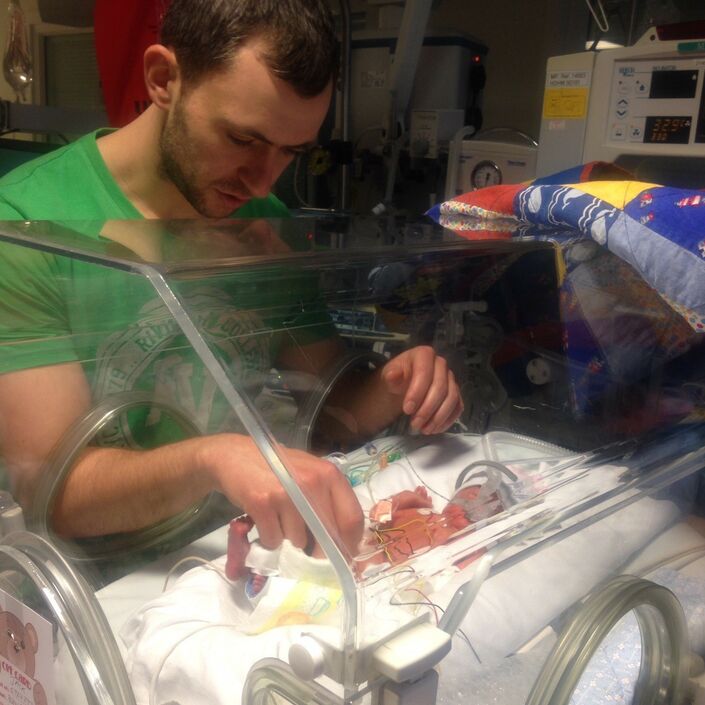When should I get medical help?
It may be that following some of the tips on this page will help you to face your challenges in a way which works for you, and helps you feel more able to come to terms with what’s happened.
But sometimes people will be suffering from bigger changes to their mental health which need the support of a health professional. This can feel incredibly scary, and can make many parents worry that they will be seen as unfit or unable to care for their child.
Struggling with your emotional well-being or mental health does not automatically mean that you are not able to care for your baby. Health professionals know the importance of keeping families together, for parents and children.
It is very unusual for families to be separated because a parent is suffering with their mental health.
If you feel that you or someone close to you needs help from a health professional, there are different options available to you.
Getting help on the unit
If you are still on the neonatal unit, you can talk to one of the nurses if you feel comfortable doing so. They see you every day, and are really aware of the stresses parents face and how important it is to support you too. They will be able to give you details of any counselling or psychological support available for you on the unit.
Some units will have psychotherapists, psychologists and/or psychiatrists available for you to talk to. Some of these roles can overlap, and many professionals might have experience in more than one field.
Psychotherapists can work with you to face and manage things you are finding difficult, such as anxiety.
Psychologists can suggest therapies and ways of approaching difficulties which might help you.
Psychiatrists are doctors who focus on difficulties with mental health, and can prescribe medication if needed.
Getting help outside the unit
If support on the unit isn’t available or right for you, you might want to make an appointment with your GP. They’ll be able to talk through what you’re experiencing, and suggest options which might help you, such as therapies, treatments or medication.
Will medication affect breastfeeding?
Many breastfeeding mums worry that being put on any medication might mean they’re not able to breastfeed or express. If you are feeding your baby this way, talk to your health professional about this and your worries – they’ll use this information to help find the best medication for you.
What happens after my appointment?
You might feel worried about what your health professional could suggest to support you. Many things you might be experiencing or conditions you could be diagnosed with won’t need medication. There other options which might be suggested to you, such as different types of therapies, counselling sessions, or things you can try at home such as mindfulness techniques.
If you are worried about what your health professional will suggest, consider taking someone with you to your appointment for support. Remember that your health professional will be focused on finding what is right for you, so it will help them to talk about your worries.


